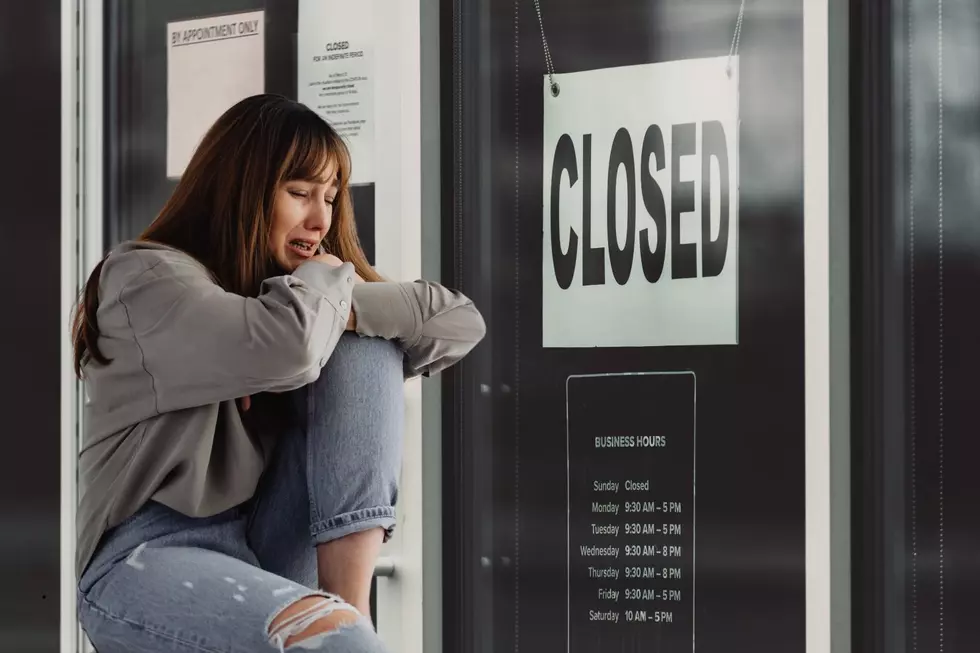
State GOP lawmakers want inquiry into alleged referendum intimidation
(The Center Square) – Nearly five dozen Republican state lawmakers have asked Washington Secretary of State Steve Hobbs and Attorney General Bob Ferguson, both Democrats, to investigate alleged incidents of intimidation stemming from signature gathering efforts to oppose a new law that allows licensed shelters to harbor youth in certain instances without parental notification.
“We write with great concern about a threat to the integrity of the democratic process here in Washington – specifically, activities to hinder Washington citizens attempting to sign referenda petitions,” the GOP legislators wrote in a July 27 letter to Hobbs and Ferguson.
The letter was signed by Senate Republican Leader Sen. John Braun, House Republican Leader Rep. Drew Stokesbary, and 54 other GOP lawmakers from legislative districts across the state.
They made reference to a July 18 letter to Hobbs from Brandi Kruse, whom the lawmakers described as “a well-known and highly respected political reporter,” in which Kruse said leaders of local Democratic Party offices “have engaged in and encouraged harassment of signature gatherers.”
Kruse cited alleged incidents of intimidation and harassment of volunteers gathering signatures for a referendum measure in opposition of Engrossed Senate Substite Bill ESSB 5599, which a Democratic legislative majority approved in April. The bill allows overnight shelters or organizations serving homeless or runaway youth to initially notify state authorities, rather than parents, when a minor seeks refuge to pursue gender-affirming or reproductive health care.
The measure was signed into law by Gov. Jay Inslee on May 9 and took effect on July 23. The intent, said supporting lawmakers, is to “remove barriers to temporary, licensed shelter accommodations for youth seeking certain protected health care services.”
Opponents say the law is a divisive, governmental overreach that undermines parental authority. A grassroots signature-gathering effort began in June for a referendum to be placed on the ballot in November, asking Washington voters to decide whether the measure should be repealed.
Ultimately, that effort was unsuccessful. To qualify for the ballot, supporters of Referendum 101 needed to gather 162,258 valid signatures by July 22, but reportedly fell short by about 5,000 signatures.
The referendum petition was never submitted to the Secretary of State’s Office for review, said Derrick Nunnally, deputy director of external affairs for the agency.
In her letter to Hobbs, Kruse, a supporter of the referendum, said opposing protesters exhibited intimidating or harassing behavior – including name-calling and photographing volunteers – during a trio of signature-gathering events this summer in Pierce and Thurston counties. She said protesters were encouraged to gather by local Democratic parties in both counties.
It was not specified whether local law enforcement was notified or asked to respond to the incidents.
“For any reasonable person, the actions described … constitute harassment and intimidation,” Kruse told Hobbs. “In some cases, it is my assertion that the actions supported and promoted by the Democratic Party are in violation of (state law).”
She referred to the Revised Code of Washington 29A.84.250(4), which makes it a gross misdemeanor for anyone attempting to interfere with a voter who wants to sign, or not sign, an initiative or referendum petition or vote on such measures.
Kruse said the Secretary of State’s Office in the past has “rightfully spoken out against acts designed to intimidate and dissuade voters.” She noted that Hobbs personally criticized signs that a Republican activist in 2022 placed near ballot drop boxes, saying they were under surveillance.
“I now ask you to consider whether the actions directed at R-101 are deserving of similar condemnation,” said Kruse.
Her concerns were echoed by the GOP state legislators, who asked the Secretary of State and Attorney General offices to investigate “those who are reportedly involved in organizing and carrying out the incidents described by Ms. Kruse.”
Their letter, wrote the Republican lawmakers, “in no way endorses or encourages any particular referenda. Its sole purpose is to encourage a thorough and nonpartisan investigation of potentially illegal activity to interfere with the people’s power of referendum ….”
In an Aug. 3 reply, Hobbs told the GOP legislators he shared their belief that access “to all aspects of the democratic process must be kept free of interference.”
But, wrote Hobbs, his office’s roles in administering elections does not include authority to investigate or enforce suspected violations of the RCW in question. Nor has the Legislature allocated funding to the Secretary of State’s office to create an investigative role, he said.
Hobbs acknowledged that Kruse’s letter raised “deep concerns,” but said his office continues to “increase public awareness that voters’ access to participate in democracy is specifically protected in state law ….”
Hobbs also told the GOP lawmakers, “… I welcome your support for future legislation that advances this righteous cause.”
In a similar vein, Ferguson replied in a Tuesday letter, saying no one should use threats or intimidation to interfere with a citizen’s right to sign or not sign an initiative or referendum petition.
But Ferguson said his office does not employ police officers or have authority to conduct criminal investigations or file criminal charges. That jurisdiction, he said, rests with peace officers, city attorneys and county prosecutors.
“I encourage you to refer your request for investigation to the appropriate law enforcement agencies with jurisdiction,” Fergson wrote to members of the Senate and House Republican Caucuses.
The Washington State Democratic Party did not immediately respond to an email request for comment.
Regarding provisions of ESSB 5599, state law has previously required licensed shelters or programs that serve runaway or homeless youth to contact a parent or guardian within 72 hours, but preferably within 24 hours, unless there are “compelling reasons” not to do so. In such cases, the shelter is instead supposed to notify the state Department of Children, Youth and Families.
“Compelling reasons” would include abuse or neglect by the parent or legal guardian or, under the new law, if a minor is seeking gender-affirming treatment or reproductive health care services without parental permission.
DCYF in turn must offer to make referrals on behalf of the minor for appropriate behavioral care, plus offer to “resolve the conflict and accomplish a reunification of the family.”
If a host home program is not associated with DCYF, that organization must obtain a notarized permission slip or limited power of attorney from a parent or guardian allowing the youth to participate in the program. The program must be insured, register with the secretary of state, and provide mandatory reporting and confidentiality training.


